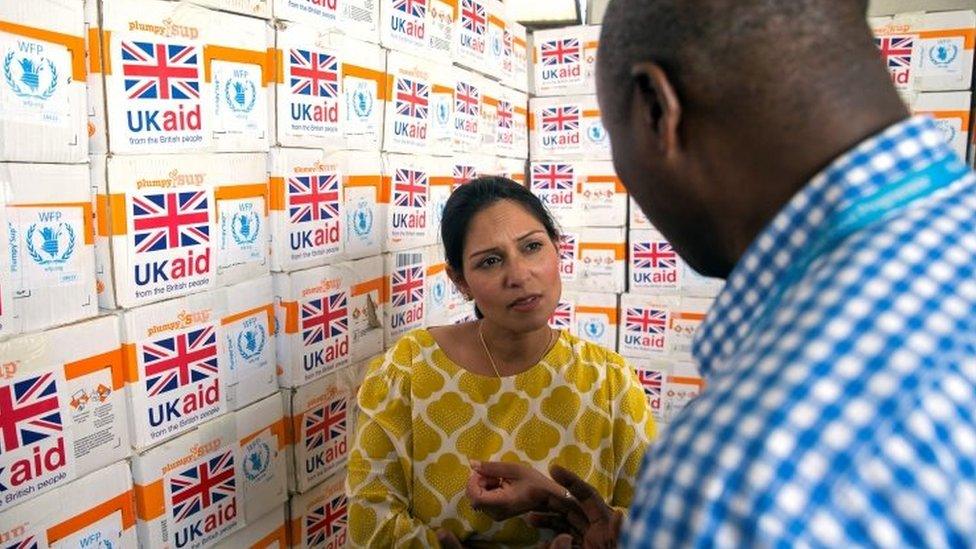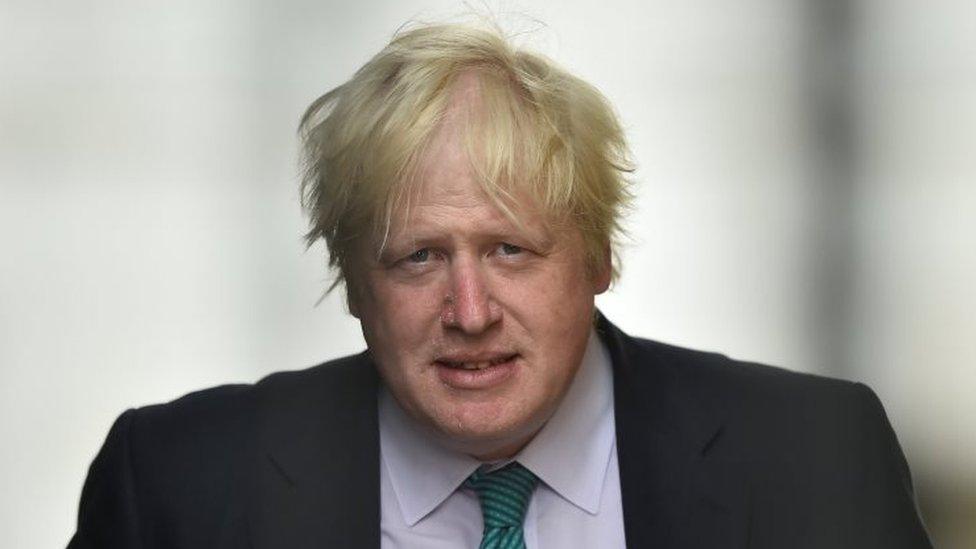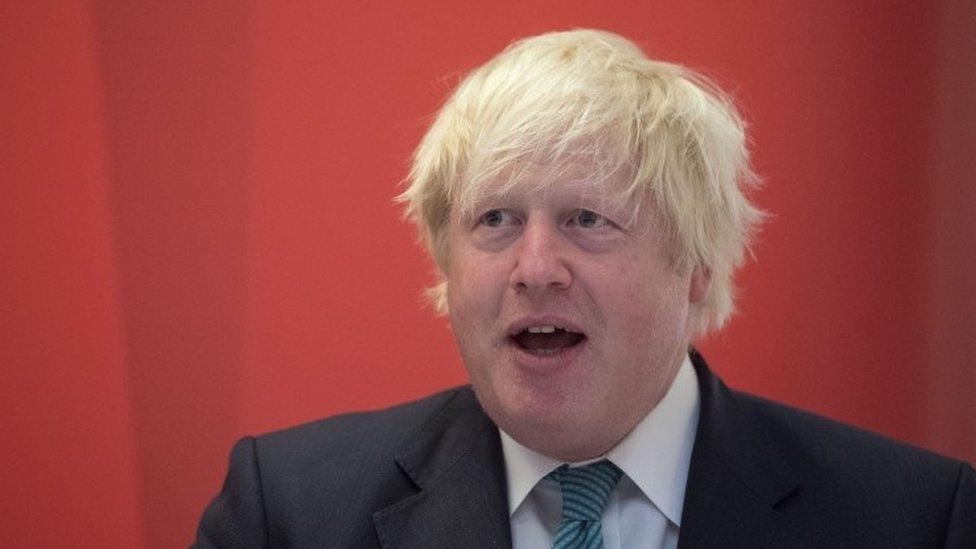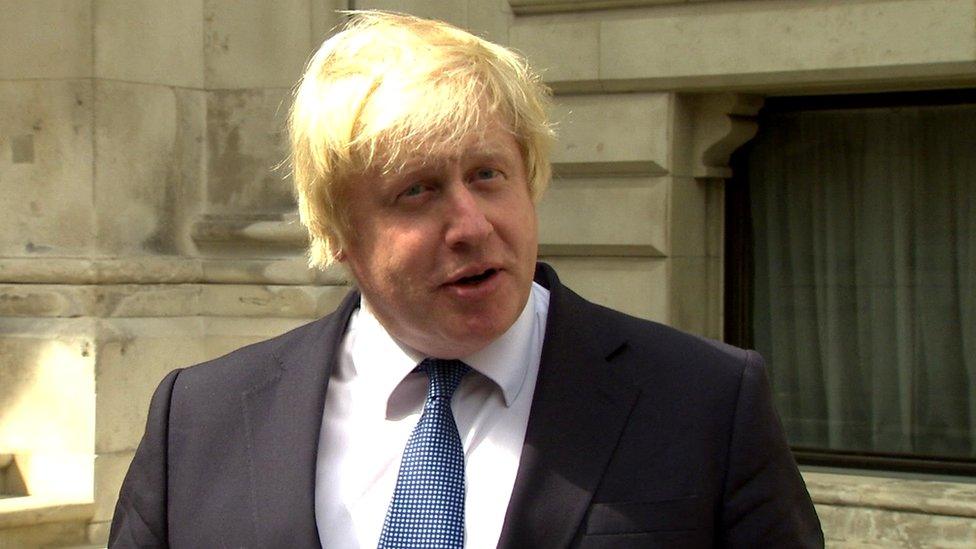UK to lose global influence after Brexit - Lord Hague
- Published
- comments
UK to lose foreign policy influence after Brexit - Hague
Brexit will damage Britain's ability to influence world events, former foreign secretary Lord Hague has warned.
He told a House of Lords committee it was "logical" that the UK would lose foreign policy influence in both Brussels and Washington.
And British ministers would have to work harder if they wanted to lead action in global trouble spots.
Lord Hague's successor at the Foreign Office, Boris Johnson, says Brexit will free the UK to play a more global role.
But Lord Hague, who supported remaining in the EU, said: "If you are less influential in crafting the overall approach of the EU you end up with less influence in the rest of the world."
He said a new arrangement would have to be set up to allow Britain to play a part in shaping EU foreign policy after Brexit.
A key test would be whether the UK could lead action in areas like Somalia, where he said the UK had coordinated the military, diplomatic, aid and economic response to extremism and piracy.

International Development Secretary Priti Patel on a recent visit to Somalia
"I hope we can give leadership in a place such as Somalia but we will have to sweat a bit more to do so," he told the committee.
The former Conservative leader said there were many things the EU could not do without the support of Britain, which had the biggest military and aid budget of any country in Europe.
But he said Britain's departure from the bloc would lead to a "weakening and a diluting of the EU's foreign policy", with the remaining countries less likely to agree sanctions against countries such as Russia "without the UK at the table".
He also told the committee that the UK could find itself "advocating EU membership for others while we are leaving the EU", in areas such as the Balkans, because it was in the UK's "strategic interests" to do so.
His words are in contrast to Boris Johnson's upbeat assessment of Britain's post-Brexit role on the world stage.
He has said, external Britain will be "more outward-looking, more engaged, and more active on the world stage than ever before" and would continue to play a full part in Nato as well as working closely with its "friends" in the EU.

Boris Johnson says Britain can continue to play a leading role
Lord Hague's warning was echoed by former Labour defence secretary and Nato Secretary General Lord Robertson and Baroness Ashton.
Baroness Ashton, the EU's former foreign policy chief and lead negotiator on Iran's nuclear programme, said the remaining 27 EU member nations would be eager to consult the UK on foreign policy and military decisions.
But the Labour peer said it was not the same as being "in the room" when those decisions were being made.
Her fellow Labour peer, Lord Robertson, said the reduction in UK influence came at a moment when Europe was having to take a bigger security role as America appeared to be downgrading the importance of the trans-Atlantic partnership.
He also suggested the Foreign Office would need a major cash injection after Brexit to help the UK forge new relationships.
"Post-Brexit, our diplomatic role in the world is going to be hindered so long as the Foreign Office budget is constrained in the way that it is.
"It is tiny, it is being reduced, and how we are therefore going to play a part in the world post Brexit will depend very much on what our diplomats do and what our diplomatic efforts are."
- Published6 July 2017

- Published14 July 2016
